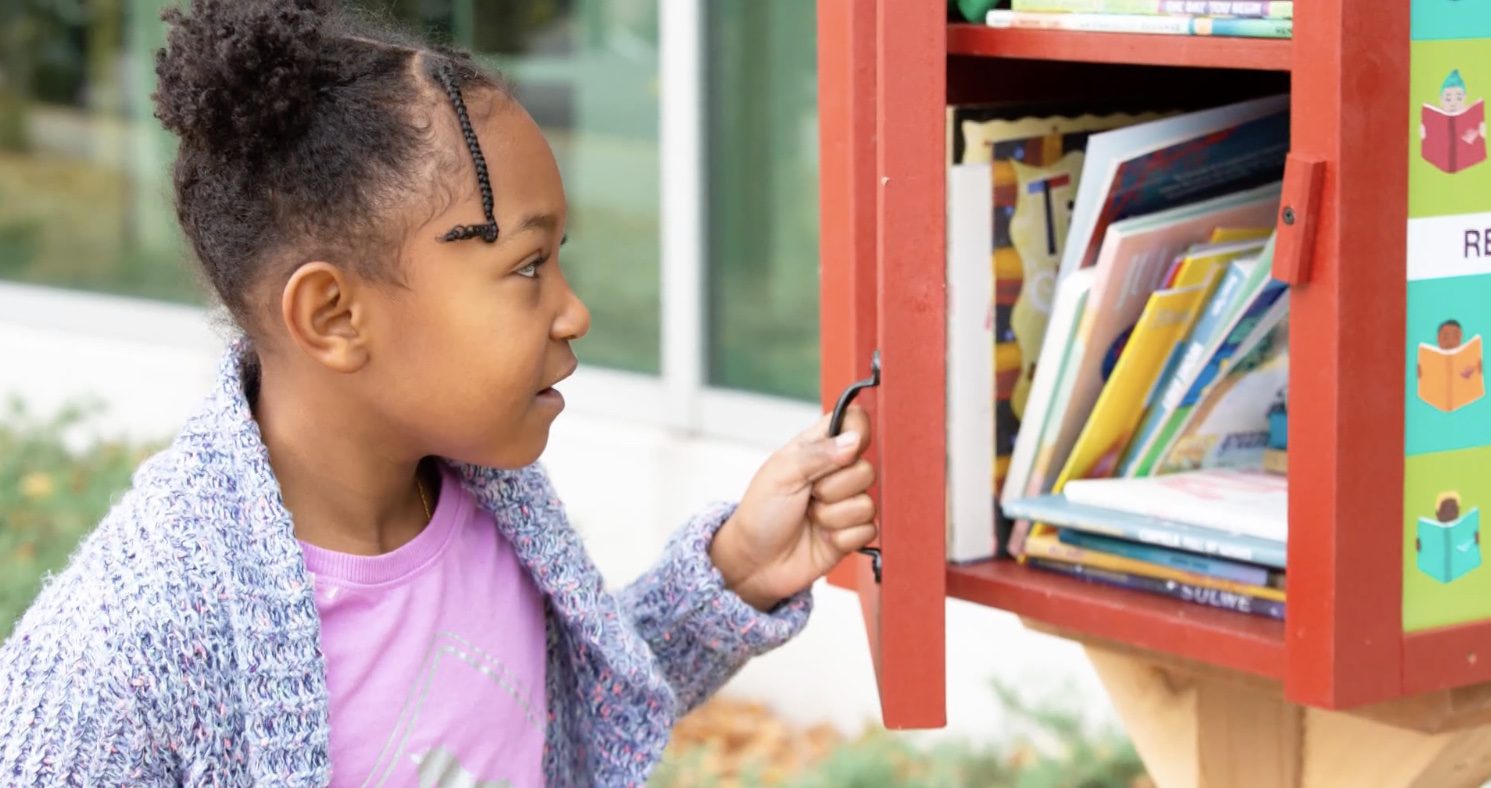Going on a walk throughout your neighborhood or on a drive around town, you’ve probably noticed the occasional box propped up on a wooden post advertising free books to anyone who happens to wander by. These little boxes, known as Little Free Libraries (LFL), have become gems in their communities, thriving on an honor system that for every book you take home, you will come back and donate one.
In 2009, Todd Bol created the first Little Free Library when he took pieces of an old barn yard door and turned them into a little box in his front yard holding free books for anyone who came across it. Thirteen years later, the nonprofit organization based in Hudson, WI, has more than 125,000 libraries scattered across more than 100 countries. The organization has thrived on the vision of “building community, inspiring readers, and expanding book access for all through a global network of volunteer-led Little Free Libraries.”
Creating your LFL and becoming a “steward” is easier than you may think. You can purchase a premade library from the website or go the more traditional route and build it from scratch.
Multiple stewards have shared tips and tricks on repurposing materials to build a low-cost and sustainable library. Some have even thought outside the box and used materials, including unused mini-fridges and microwaves, old bureaus, bikes, wagons, and mailboxes. Stewards give their libraries character and retouch them with a bit of paint and love to bring them to life.
Once you construct your LFL, go to the nonprofit’s website and register to become an official steward. You will receive a charter sign and number, and then you can fill up your new library with books!
Over the years, stewards have found various ways to repurpose the little libraries to address the evolving needs of their communities. During the COVID-19 pandemic in 2020, many stewards converted their Little Free Libraries into food banks and clothing drives. Others turned their libraries into art installations or “Little Joke Libraries,” where one can go for a quick laugh. Some libraries shared arts and crafts materials, toilet paper, hand sanitizers, and necessities that were growing increasingly hard to come by.
Although some LFLs have diverted from traditional book exchanges, their adaptations cater to the needs of their specific communities and are attuned to the original vision. They have found ways to remind their neighbors that their community cares for them.
Little libraries can easily transform overnight to care for their members when life becomes too rough or scary. They offer happiness and a glimpse of joy into our lives – much of which we have taken for granted. When pandemic quarantines separated friends and families, these libraries offered kindness and a reprieve that kept communities going.
“I love the idea of placing a new poem in there every couple of days so people walking by can stop and read them and still feel that community connection a LFL gives,” said Elizabeth, the steward of Little Free Library #21809. She converted her library into a “Poem a Day” station. “I want to post hopeful poems to help keep people’s spirits up. (And keep them reading something besides the news!).”
At the heart of these libraries is the sentiment that something you might overlook could still be valuable and irreplaceable to another. This cycle of giving connects community members and reminds everyone that someone will always have their back.





